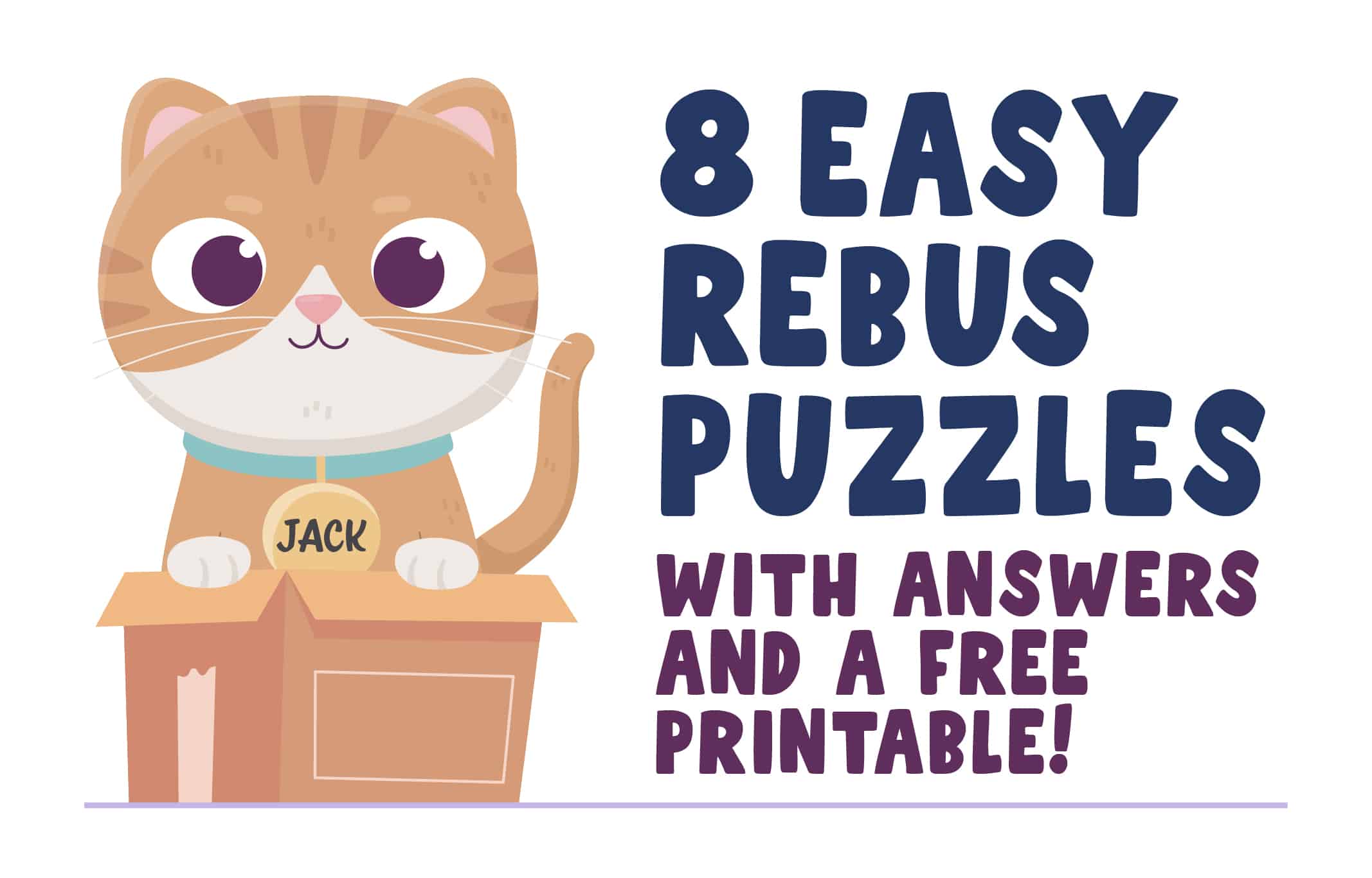8 Easy Rebus Puzzles with Answers Plus a Free Printable
Easy rebus puzzles with answers have been a favorite in my elementary classroom for years, and for good reason.
These picture-based riddles don’t just capture kids’ attention, they keep it, all while building important skills like problem-solving, language comprehension, and critical thinking.
This blog focuses on easy rebus puzzles, an ideal starting point for young solvers. They help build confidence and foundational thinking skills. As kids improve, it’s important to increase the challenge with intermediate picture puzzles and tricky rebus puzzles to keep their minds growing and engaged.
💡🧩💡🧩💡
We Created the Ultimate Rebus Puzzle Bundle
Challenge, engage, and entertain with 40+ creative puzzles.
Rebus Puzzles Explained (Simply!)
Rebus puzzles use pictures, symbols, and letters to represent words or phrases in a fun and creative way. They challenge kids (and adults!) to think differently, solving riddles by reading between the lines and putting visual clues together.
Easy rebus puzzles are a great way to build problem-solving and critical thinking skills. They encourage creativity, boost brainpower, and keep learners engaged as they crack each code.
These puzzles make learning feel like play, which is why kids love them, and why teachers and parents do too.
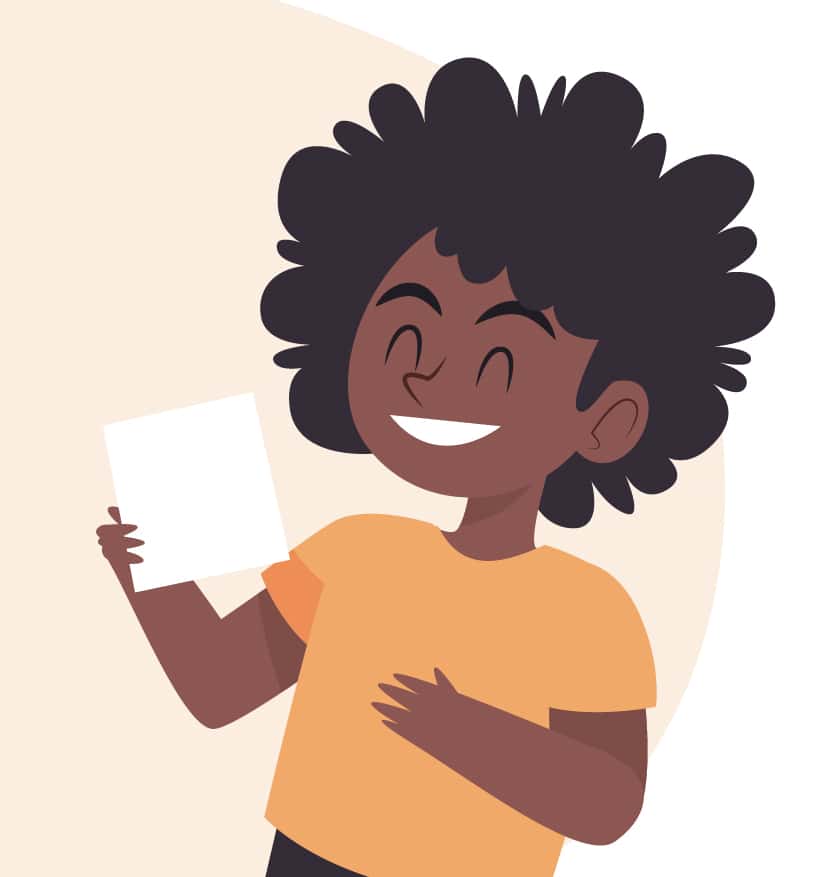
💡 Smart Fun Starts Here!
With our Rebus Puzzle Guide & Cards, kids sharpen their minds while having fun solving puzzles. And these rebus puzzles for kids are perfect for classrooms, home learning, or on-the-go.
8 Easy Rebus Puzzles with Hints and Answers
Give these simple rebus puzzles a try and share them with the elementary kids in your life!
🧐 Answers to these easy rebus puzzles are at the end of the article!
Easy Rebus Puzzle #1
Here’s a rebus example that shows the word ‘working’ written 9 times and the word ‘five’ written twice. It may take some deep thinking, but after all of that hard work you’ll smile when you figure out the answer.
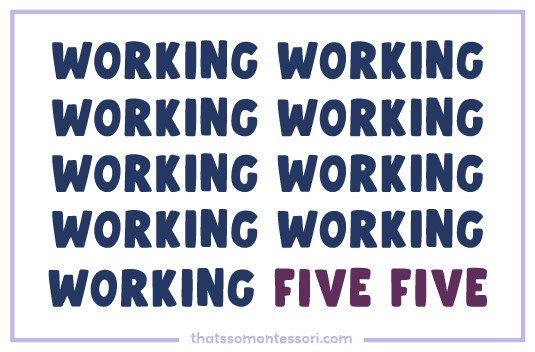
🧩 Teacher Tip: Guide with hints for independent solving.
Hints accompany each of the rebus puzzles for kids outlined in this article, nudging solvers in the right direction. They provide kids a chance to find the answer independently, fostering confidence in their puzzle-solving skills.
Find the answers to these rebus puzzles at the end of this article!
Easy Rebus Puzzle #2
Picture riddles can include illustrations, numbers, and even math symbols to represent words. For instance, an apple next to the number 3.14159, or the symbol for pi, serves as our next rebus example.
Can you crack the code for our second easy rebus puzzle?
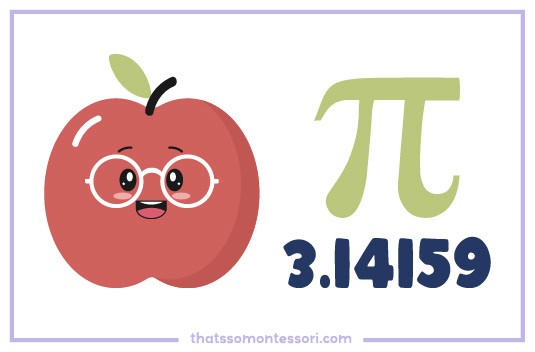
💡 Grab your FREE printable rebus puzzles from this blog!
Keep reading to learn how, plus get expert tips for solving and creating your own puzzles.
Elementary-aged kids love rebus picture puzzles because they are intriguing, thought-provoking, and they can even make math more fun!
Let’s continue with the rest of the easy rebus puzzles, and remember to read until the end to see if you got the answers right!
Easy Rebus Puzzle #3
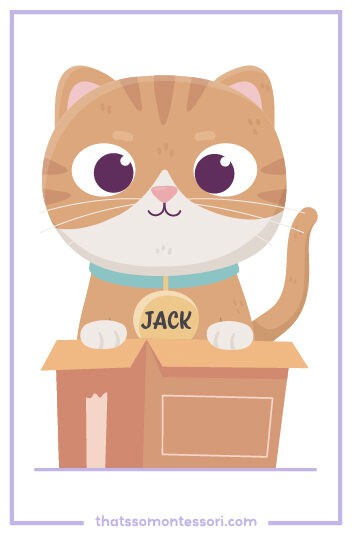
Easy Rebus Puzzle #4
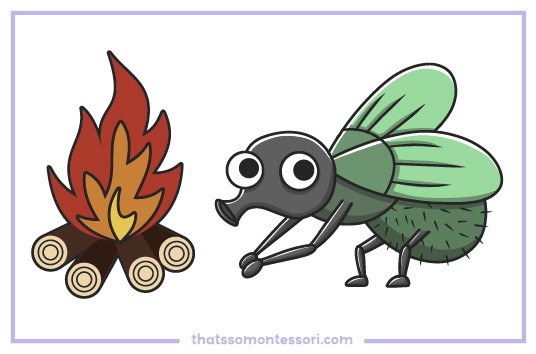
Easy Rebus Puzzle #5
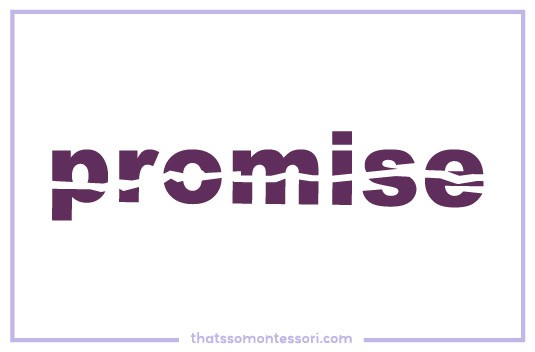
Easy Rebus Puzzle #6
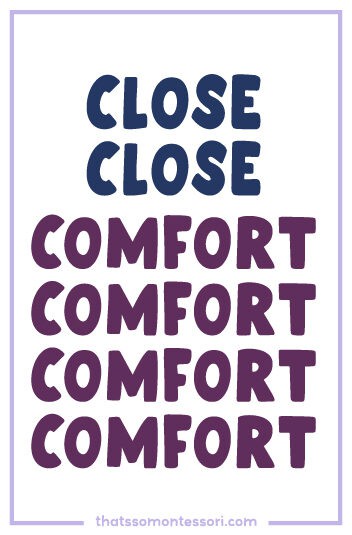
Easy Rebus Puzzle #7
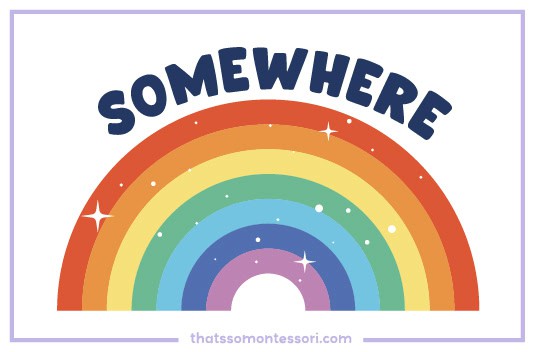
Easy Rebus Puzzle #8
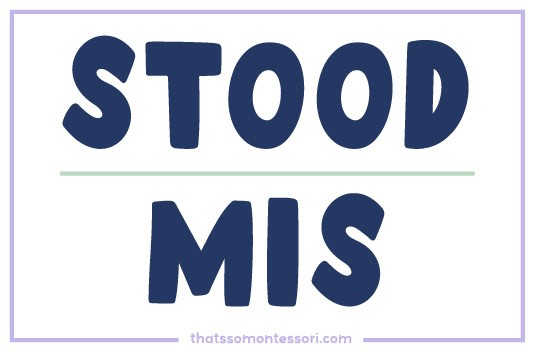
These rebus puzzles for kids are fun and engaging, perfect for elementary students in the second plane of development. They’re easy for beginners but also offer a good challenge for experienced problem solvers.
Tips for Solving Rebus Puzzles
Rebus puzzles can indeed pose a challenge for elementary students! However, with the right guidance and support, children can experience success in solving them.
Here are just a few tips on how you can help guide your learners to solve rebus puzzles. For a more comprehensive look at puzzle-solving strategies for kids, check out our Printable Rebus Puzzle Guide & Cards. It’s a great resource to add to your language curriculum!
Look for Patterns
Rebus puzzles provide clues that require a bit of investigation and thought. By teaching kids how to look for patterns, they can untangle each symbol’s meaning more quickly.
Encourage children to observe shapes, symbols, and words and then use those components to build up meaning.

⬅️ Let’s look at this rebus puzzle:
This word puzzle shows the word ‘close’ written twice in pink and the word ‘comfort’ four times written in blue.
Pay attention to how many times each word appears and the colors used. These patterns are key to solving the riddle!
With practice, children will sharpen their observation skills as they look for patterns to find the answers to rebus puzzles with ease.
Break it Down
Have students break down rebus puzzles into smaller chunks to see what they are working with.
This strategy will help them become better problem solvers and writers in the future.
Let’s look at this rebus puzzle ⬇️:

The answer to this rebus puzzle can be found by breaking it down into its parts. What’s the image of? What does the word say? Where are the pieces of the puzzle in relation to each other? Keep asking all the questions to uncover the answer to the rebus puzzle!
There is a rainbow. The word ‘somewhere’ is on top of the rainbow. Exploring these questions will lead to the answer they’re looking for!
Get to Know Words
Solving rebus puzzles with pictures can be a fun and challenging way to develop your student’s vocabulary. By knowing the meaning of different words and how to use them accurately, kids will better be able to understand and solve rebus puzzles.
Figures of speech, parts of speech, and compound words are just a few areas of language that are honed when using easy rebus puzzles with answers.

⬅️ Let’s look at this rebus puzzle:
It’s perfect for teaching compound words and fits nicely into an insect study.
But regardless of where and when this picture riddle is shared, having an understanding of different words is essential for solving it, as it allows you to piece together the puzzle to find the answer.
Use Context Clues
Context clues are an important tool for solving rebus puzzles. By looking at the surrounding words or pictures and how things are represented, kids can get an idea of what the puzzle is trying to convey. This can help them figure out the meaning of unfamiliar words or phrases and come up with a solution to the puzzle.
Let’s look at this rebus puzzle ⬇️:

This is one simple word, but the way it is written is very telling!
By looking at the style it is written in and how it is sliced jaggedly in half, you can get an idea of what the puzzle is trying to say.
To put it simply, context clues give hints about the meaning of each picture or word. Children can use this information to solve the puzzle.
Context clues are especially useful for more complex rebus puzzles where multiple elements come together to form the answer.
Don’t Get Stuck on One Answer
When trying to solve these puzzle riddles, it is important that kids don’t get stuck on one answer. This can lead them down to a dead end and prevent them from finding other potential solutions.
Instead, they should be encouraged to explore all possible options and consider multiple ways of looking at the problem before settling in on one final answer.
Doing so will help them train their brain to think outside the box and become more creative in their approach to problem-solving.

⬅️ Let’s look at this rebus puzzle:
Many students naturally fixate on the cat and assume the answer includes the word “cat,” which makes sense, since Jack the cat is so adorable.
However, it’s important to guide them to look beyond the obvious and search for other clues hidden in the image to solve the puzzle.
Don’t Give Up!
Rebus puzzles may look complex and intimidating, but with a bit of patience and persistence, they can be solved.
These riddles help encourage persistence since children have to continually try different combinations of words and pictures until the solution is found. This type of problem-solving encourages them to learn from their mistakes and think through the puzzles instead of giving up when they get stuck.

⬅️ Let’s look at this rebus puzzle:
Have them look at the image from different angles and focus on the location and placement of the words.
With the right approach and a few hints, even the trickiest of rebus puzzles can be conquered.
☝️ Share these tips to help students decode easy rebus puzzles with confidence.
Inspire Kids to Create Rebus Puzzles
Elementary students can be rebus puzzle makers themselves, crafting their own challenging puzzles for others to solve while also enjoying the fun of decoding them!
✅ Begin by brainstorming simple phrases or words with your students. Opt for shorter phrases to ensure clarity and understanding.
💡 Here are a few rebus puzzle making ideas to try with your students.
🙃🎂 Upside down cake
🐮👦🏽 Cowboy
💡🏠 Lighthouse
🔵🧀 Blue cheese
The goal is for them to eventually make their own, but some help to get the creative juices flowing is always nice!
✅ Ask students to come up with pictures or symbols that can help them visually explain their phrase or word. It’s important to encourage students to explore different options when in this brainstorming stage.
✅ Next, students can draw their rebus puzzle on a piece of paper or create it on the computer, whatever aligns with their learning needs.
✅ Remember the rebus puzzle answers! Encourage students to create an answer sheet for their rebus puzzle, and consider adding a hint for extra help.
Rebus puzzles are a lot of fun to make and it’s a great way for students to use their imagination and be creative.
Why I Use Rebus Puzzles in the Classroom
In the second plane of development, children are naturally curious and crave new experiences and challenges. I find that easy rebus puzzles with answers provide an excellent opportunity to challenge the minds of my upper elementary students and engage them in an interactive way.
These critical thinking rebus puzzles for kids provide both entertainment and valuable learning experiences. They not only expand vocabulary but also sharpen problem-solving skills and boost reading comprehension.

Picture riddles are also great in the classroom because they provide an opportunity for students to think creatively as they work independently or in small groups to solve challenging puzzles.
I love using rebus puzzles in my elementary classroom because they captivate students’ interest and enthusiasm for problem-solving. Kids are eager to participate and engage with these fun and challenging tasks.
Rebus puzzles are a great source of teachable moments as students explore the power of observation. They are a great way to incorporate the benefits of games in the classroom into your students’ learning.
This is what we like to call learning in disguise. Students forget or don’t even notice that they’re learning as they work to solve – and even make their own – wacky word puzzles!
Easy Ways to Use Rebus Puzzles Anywhere
Rebus picture puzzles offer an engaging approach to learning in both classroom and home settings. Here are some ideas on how to incorporate them into your learning environment.
As a Warm-Up Activity
Easy rebus puzzles with answers can serve as effective warm-up activities in the classroom, whether at the start of the day or before any lesson. They offer students a creative challenge that primes their minds for learning. Through an engaging rebus puzzle game, students engage in critical thinking and problem-solving, preparing their brains for the day’s lessons.
As a Team Building Activity
Rebus puzzles are great for team building and group activities. These riddles can help encourage collaboration among students as they work together to solve challenging picture puzzles. Working together on rebus puzzles also gives learners an opportunity to practice their communication skills and help each other review concepts learned in class.

As a Connector to the Curriculum
I like to create rebus puzzles for kids using words from a current unit of study we’re working on.
Connecting the puzzles to words that your students are learning in class makes the task more meaningful and memorable. I find this helps students learn key vocabulary words faster, and also helps them remember those words for longer periods of time.
As a Brain Break
Rebus puzzles can also be used as brain breaks during the day. They give kids an opportunity to take a break from regular lessons but still learn something new! Doing rebus puzzles is not just fun, it helps keep brains active.
As a Family Activity!
Guess what, using a rebus puzzle worksheet is fun for adults, too! Try them at home with your family.
Easy rebus puzzles with answers can be incorporated into family game nights or used during free playtime with friends. Parents can even get involved by helping kids create their own rebus puzzles or searching for online resources for more ideas on how to use these riddles at home.
8 Easy Rebus Puzzles Answers:








Watch as the excitement unfolds and confidence soars when your elementary students reveal the solutions to these captivating rebus puzzles, fostering a sense of accomplishment, creativity, and mastery in problem-solving.
Get Your FREE Printable: 8 Easy Rebus Puzzles with Answers!
Join our newsletter and receive the exact rebus puzzle cards featured in this blog—perfect for sparking curiosity and fun in your students!
The Wrap-Up: Easy Rebus Puzzles With Answers
Rebus puzzles can be used in the classroom and even at home as a creative activity that helps children learn while having fun.
With the easy rebus puzzles with answers provided in this article, your elementary-aged kids will be building their knowledge as they play with words.
Why not give some of these critical thinking rebus puzzles with answers a try this week? Your students will benefit from learning through play and it will help them hone their cognitive skills. Best of all, they won’t even realize that they’re learning!
When you join our newsletter, you can expect a steady stream of fun and creative classroom ideas for elementary students!
🧐 Keep your kids busy learning with the fun activities in these blogs:
57 Epic Montessori-Aligned Spring Break Activities for Your Kids
11 Ways to Use Our Roll A Story Dice Game
9 Unique Rebus Puzzles with Answers for Kids
A Great Set of Tricky Rebus Puzzles With Answers
Score Big with These 9 Super Bowl Classroom Activities
31 Fun Summer Reading Activities Elementary Students Will Love
The Best Neighborhood Walk Scavenger Hunt
Rebus Puzzles for Kids: A Comprehensive Riddle-Solving Guide
27 Educational YouTube Channels to Prevent Summer Learning Loss
Elevate Elementary Math Skills with This Exciting Math Card Game
21 Fun Math Games with Dice for Kids 8-12
Your Kids Need This Activity Book with Unique Drawing Prompts


